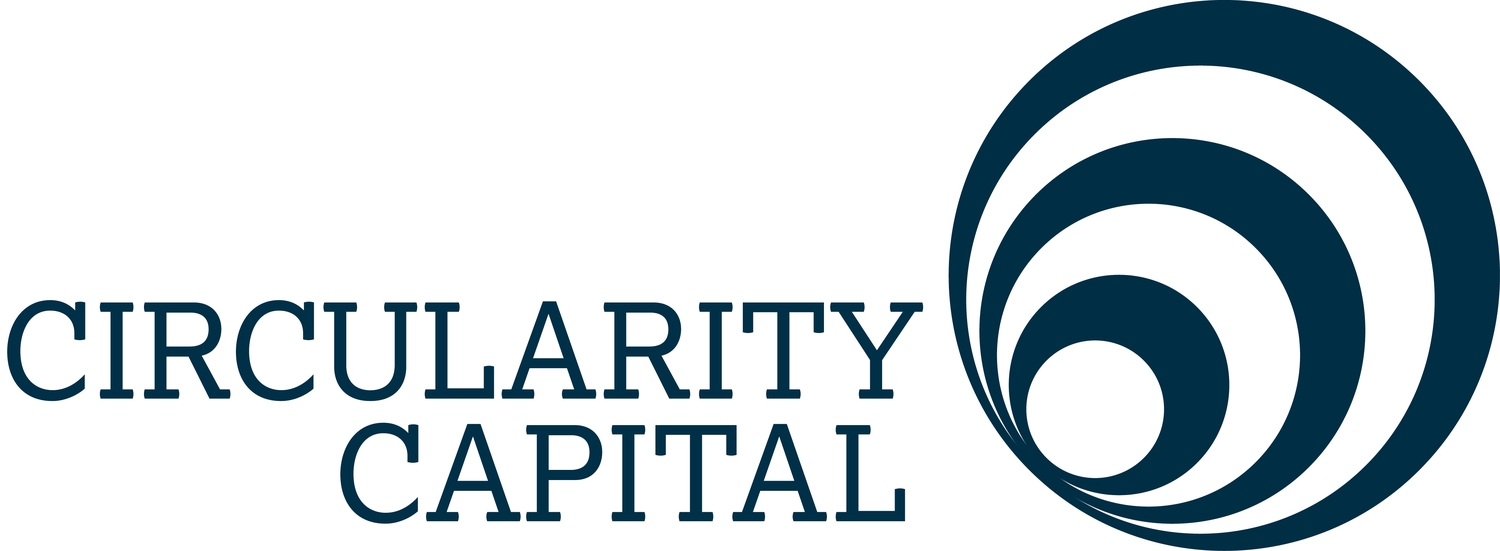Ian Nolan talks ‘coming full circle’ with Real Deals
Last month, Circularity Capital founding partner Ian Nolan sat down with the team at Real Deals to discuss why the circular economy has become such an attractive area of global investment focus. With assets in public equity funds dedicated to the circular economy having grown 28-fold (from $300m to almost $9.5bn) in just a few years, he explains why the sector is ripe for a boom.
Using the example of our latest capital investment in children’s cycle subscription service Bike Club, Ian explains why companies basing their business models on innovative ways to ‘design out’ waste from operations are experiencing impressive success. Bike Club’s access-over-ownership model, for example, is not only disrupting the market, but creating a stickier and more enduring customer base alongside.
“It’s about deeper customer relationships and more embedded business models for the long term”, commented Ian, highlighting the attractiveness of circular economy companies like Bike Club to LPs. From an environmental perspective, Ian emphasises how circular business models promote life extension and mothballing between users, resulting in less virgin manufacturing to satisfy demand. He continues: “They’re absolutely incentivised to keep assets in use for as long as possible, designing in longevity and repairability.”
But while circular economy business models are clearly providing much-needed relief from resource-intensive traditional linear methods of production and consumption, Ian discusses the limitations of dated regulation, suggesting it’s an area in need of development. When it comes to resource efficiency and incentivising companies to better manage their own waste, Ian believes that regulators and governments could go further. “Businesses are not bearing the cost of their environmental impacts; that cost is being socialised, while profits are kept private.”
He adds that financial incentives are a solution that would see the private sector solving a spread of the world’s environmental problems “in a heartbeat.”
It might seem obvious, but the companies pioneering circular business models are experiencing the benefits of differentiation, premiumisation, recurring revenues and market disruption. It’s a huge area of potential for investors willing to get ahead of the curve and for businesses (like Bike Club) looking to the future.
You can read the full article online at www.realdeals.eu.com/article/coming-full-circle.
